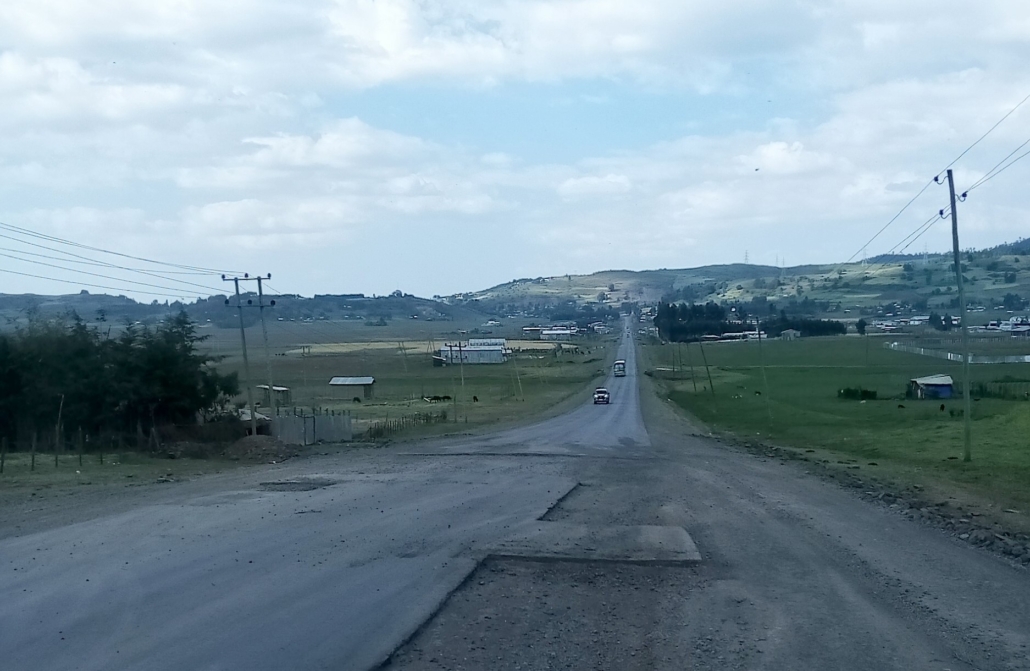Piloting of Enhanced Enforcement of Road Safety and Post – Crash Care in Ethiopia
UN’s Decade of Action for Road Safety (2021-2030). ITT leads a consultancy in Ethiopia, addressing key road safety issues along four major corridors, including speeding, drunk driving, and mobile phone use.
More....
Last year, the UN General Assembly announced that 2021 to 2030 should be globally recognized as the Decade of Action for Road Safety. With the growing urban and sub-urban population, the need for better mobility has increased car ownership. As a result, the greatest consequence has been Road Traffic Crashes (RTCs) that occur almost every day, in every country. Unfortunately, the countries that are affected the most by traffic crashes or road accidents are the low- and middle-income countries.
In Ethiopia, The World Bank reported that in 2016 (2008 EC), the cost of road traffic fatalities and injuries was 8.9% of the country’s GDP. Furthermore, the 2018 Global Status Report on Road Safety acknowledged the fact that there is an underreporting of road traffic injuries and deaths in several countries, including Ethiopia. This prompted the Federal Government (Ethiopian Roads Authority (ERA) and the Ministry of Transport) and the nine Regional States (represented by Regional Road Authorities (RRA)), to improve road safety in the entire national network.
These road authorities have commenced road safety audits along four main corridors in the country, with the intention of providing effective enforcement and post-crash care responses. Pilot projects conducted along the Addis-Adama Expressway and Addis Fiche Corridor, involved undertaking rapid assessments of the conditions of the corridors and qualitative interviews with relevant stakeholders. ITT has provided the Team Leader for the ‘Consultancy Services for Piloting of Enhanced Enforcement of Road Safety and Post – Crash Care Project’ in Ethiopia, which aims to assess and improve Law Enforcement along the four road corridors with high incidences of accidents.
The focus of this project is on addressing the following road safety problems: speeding, drunk driving, mobile phone use whilst driving, poor seatbelt compliance and poor compliance with wearing of helmets by motorcycle users. The Post-crash Care response to incidents is also an integral part of the project, with a focus on identifying systems that can be set in place, to best deal with the accident/trauma casualties.
To target activities effectively, the consultancy team will be focused on establishing the cause of crashes by making use of existing accident data, interviewing the local police forces, and reviewing road safety audits conducted previously. From a GIS perspective, a prototype toolbox has been developed to compute the prevalence of crash types along the transport corridors. This will help identify the accident black spots and their severity indices in relation to causing crashes. Lessons learnt from the pilot studies and the project at large will be applied nationally following the post-implementation assessment of results, and dissemination thereof.






